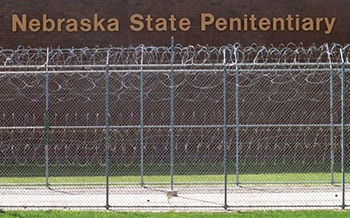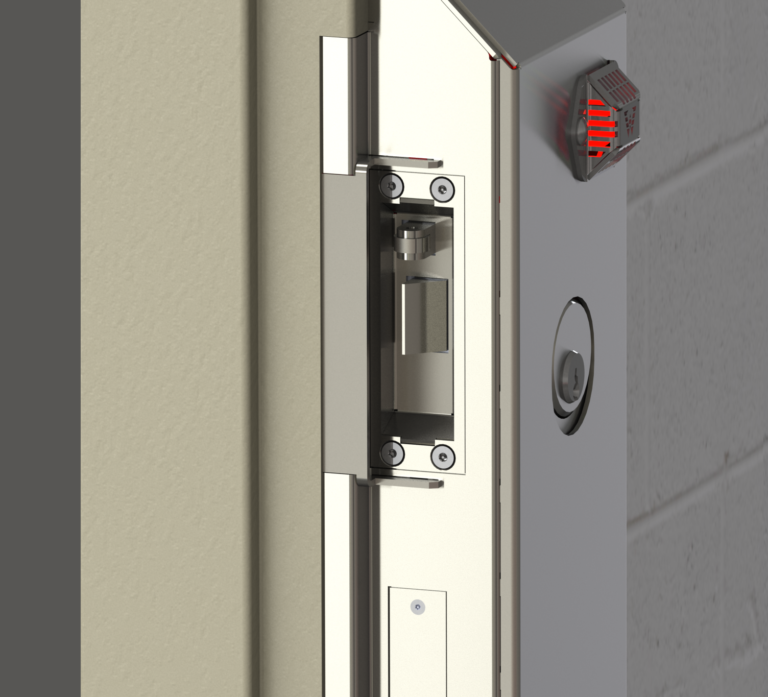Nebraska Officials Release Latest Budget Request
 LINCOLN, Neb. — Nebraska’s issues with prison overcrowding continue as the Nebraska Department of Correctional Services released its latest budget request earlier this month. The prison system is seeking 195 new employees, a 15 percent increase in spending (to $239.9 million) and expansion of a program that houses state prison inmates in county jails. This is the latest update to a still incomplete prison-system master plan that would help ease overcrowding.
LINCOLN, Neb. — Nebraska’s issues with prison overcrowding continue as the Nebraska Department of Correctional Services released its latest budget request earlier this month. The prison system is seeking 195 new employees, a 15 percent increase in spending (to $239.9 million) and expansion of a program that houses state prison inmates in county jails. This is the latest update to a still incomplete prison-system master plan that would help ease overcrowding.
As of Aug. 31, prisons were at 156 percent of capacity, with about 1,700 inmates more than the prisons were designed to hold, reported the World-Herald Bureau.
State officials from all three branches of Nebraska government have been looking at ways to reduce prison crowding and costs ever since the Council of State Government (CSG) said in June that it would cost the state about $499 million over the next 10 years if nothing is done about prison overcrowding. CSG reported that overcrowding is projected to grow by an additional 598 inmates over the next decade, raising operating costs by $149 million. An additional 2,200 new prison beds would be needed to accommodate prisoners, at a cost of $350 million, according to CSG.
The department received funding earlier this year to house 150 state prison inmates in county jails as part of a temporary, one-year program, but James Foster, spokesperson for the department, said earlier this month that the department wishes to continue the program for at least two more years and expand it to involve 200 inmates. Currently, 161 state inmates are being housed at jails in Hall, Platte, Dawson and Phelps Counties. The program has reduced crowding at the Diagnostic and Evaluation Center in Lincoln, the state’s most crowded prison, reported the World Herald-Bureau.
Another way the state has tried to reduce overcrowding this year is when Nebraska lawmakers passed Legislative Bills (LB) 907 and 999, which are written to reduce Nebraska’s prison population by increasing alternatives to incarceration for nonviolent offenders and avoiding the multimillion-dollar cost of building a new prison.
LB 907 would provide $14.4 million in funding for vocational and life skills programs within prisons, would expand a successful alternative to prison for drug offenders and would expand services for mentally ill inmates and those newly released. The bill also creates a prison reform task force to work with the Council of State Governments (CSG), who has successfully helped other states with prison reform. Finally, it would appropriate funding to UNO to continue their work with CSG. LB 999 would appropriate $200 million in funding to study the feasibility of adding more behavioral health treatment beds.
One thing that the department did not propose in its most recent budget request was building new prisons — a different plan then previously reported in March. In early 2013, the state hired Fairfax, Va.-based Dewberry Architects to examine the state’s correctional trends and long-term construction needs. Dewberry released a master plan last spring that proposed a 300-bed expansion to an existing Omaha facility designed for minimum-security and work release inmates, as well as a 240-bed addition to the Diagnostic and Evaluation Center in Lincoln which houses elderly and mentally ill inmates. A 250-bed addition was also proposed for the Lincoln-based Community Corrections Center, as well as 100-bed expansions at two additional Lincoln facilities. The new master plan also recommended expanding food service capacity, dining facilities and other programs.
In an attempt to avoid construction costs, however, a committee headed by the governor is studying alternatives to building new prisons. Some recommendations from that committee are expected by the 2015 legislative session.
State Sen. Heath Mello of Omaha, who has tracked prison spending as head of the Legislature’s Appropriations Committee, said he was most frustrated that the prison’s master plan, now three months late, has not been completed and that his requests for a status update have not been answered by prison officials, reported the World-Herald Bureau. The department’s budget request is the first step in a months-long process to craft a new state budget for the two fiscal years that begin in July 2015.






